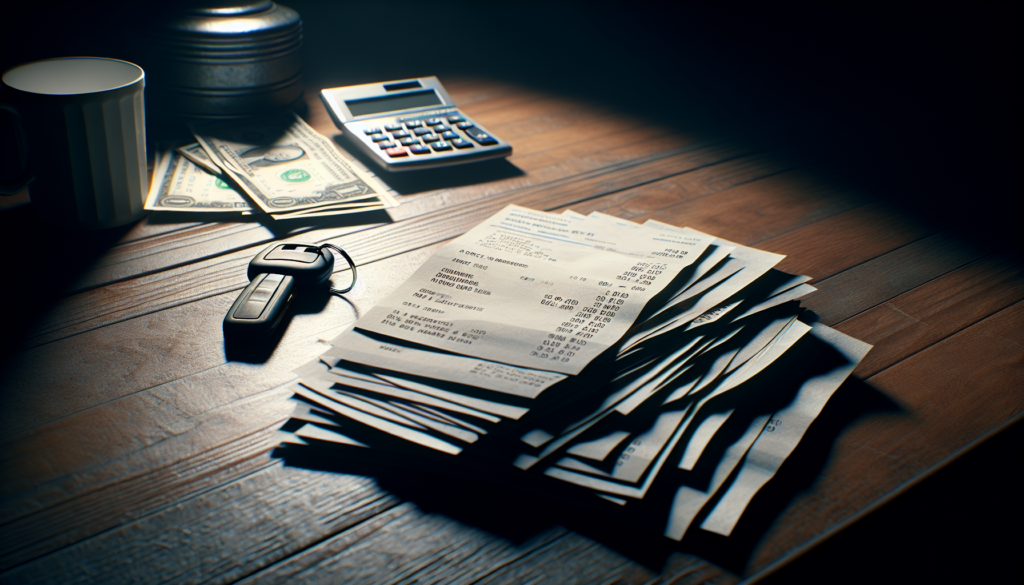
When considering filing for bankruptcy, providing comprehensive and accurate information to your lawyer is crucial for the success of your case. Your attorney needs a detailed picture of your financial situation to offer the best advice and prepare your bankruptcy petition effectively. Here’s a list of the key types of information and documents you should be prepared to provide:
-
Personal Identification
- A government-issued photo ID (e.g., driver’s license or passport).
- Your Social Security card or a document verifying your Social Security number.
-
Financial Statements
- Recent bank statements for all accounts, typically for the last six months.
- Investment account statements, if applicable.
-
Income Documentation
- Recent pay stubs or proof of income for the last six months.
- If self-employed, profit and loss statements for the same period.
- Documentation of any other sources of income (e.g., rental income, alimony, child support, social security benefits).
-
Tax Returns
- Federal and state income tax returns for the last two years, at least. Your lawyer may request more depending on your case.
-
Debts
- A comprehensive list of all debts, including credit card statements, loan documents, and notices from collection agencies.
- Information on secured debts like mortgages and car loans, including the most recent statements showing the balance owed and the monthly payment amount.
- Any documentation related to outstanding medical bills, personal loans, payday loans, or other unsecured debts.
-
Assets
- Titles and deeds to any real estate you own.
- Vehicle registration and value estimation for any vehicles you own.
- Statements for retirement accounts, life insurance policies (with cash value), and other significant assets.
- A detailed list of personal property, including electronics, jewelry, furniture, and other valuable items, along with estimated values.
-
Living Expenses
- A detailed list of monthly living expenses, including rent or mortgage payments, utilities, food, transportation, insurance, and any other regular expenses.
-
Legal Documents
- Any documents related to ongoing or past legal proceedings, including divorce settlements, child support orders, lawsuits, and judgments against you.
-
Credit Report
- A recent credit report can help ensure all creditors are accounted for. You’re entitled to a free credit report annually from each of the three major credit reporting agencies through AnnualCreditReport.com.
-
Correspondence with Creditors
- Any recent correspondence from creditors, especially those regarding collections, lawsuits, or foreclosures.
Gathering this information may seem daunting, but it’s a critical step in the bankruptcy process. It allows your attorney to assess your situation accurately, advise you on the best course of action, and prepare your bankruptcy petition to meet all legal requirements. Organizing your documents and information beforehand can streamline the process and help you achieve the fresh start you’re seeking through bankruptcy.

Get a Free Bankruptcy Case Evaluation